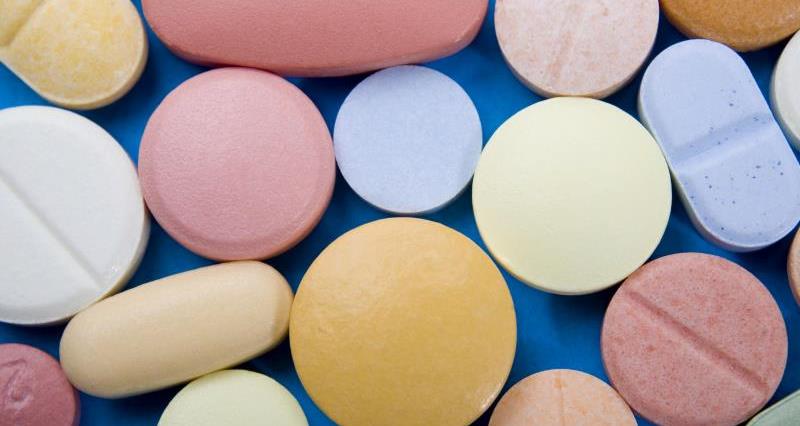What does the notice say?
Legal presence – if there is no deal the UK Government will require pharmaceutical companies (known as Marketing Authorisation Holders) to be established legally in the UK for which there would be an implementation period that would start from when the UK leaves the EU.
Generic medicines – the generic medicines (copies of brand-name drugs that have come off patent and have exactly the same dosage, intended use, effects, side effects, route of administration, risks, safety, and strength as the original drug) currently registered in the UK will be unaffected but any new applications for generic medicines will have to be based on products licenced in the UK in a no deal situation because the UK will not be able to access the EU data systems used to verify the data that supports an application.
Parallel imports – company’s parallel importing veterinary medicines will have to obtain the data about the product, which would have previously been available to the UK, to include with the submission of an application to import product into the UK if there is no deal.
Maximum Residue Limits – in a no deal situation MRLs for EU licenced medicines will transfer to the UK as part of the EU Withdrawal Act. For new MRL applications the pharmaceutical company will have to apply to the UK and EU with the full supporting data.
What does this mean for me and my business?
In the short-term there should be minimal direct impacts on farmers in a no deal scenario because the Veterinary Medicines Directorate (VMD – UK Government Agency that looks after veterinary medicines) has taken an approach which will cause the least amount of disruption to the regulation of veterinary medicines.
For any companies that do not currently have a legal presence in the UK they will be required to apply to the Veterinary Medicines Directorate (VMD – UK Government Agency that covers veterinary medicine policy and regulation) to amend packaging and labels within the implementation period – this process can take time so could potentially have an effect on the availability of product if there were to be a large number of applications made. However, this is very difficult to predict and measure.
The approach the VMD has taken on generic medicines is very positive in the short-term because there will be no effect on the veterinary medicines already accessible to farmers. In the medium-term, companies which produce generic medicines will make a decision on whether to apply to market their product in the UK based on the economics of that veterinary medicine and as such some products may not be available in the UK that will be available in the EU. The risk and challenge this could pose is very difficult to measure because it is based on the economics of each product, which is commercially sensitive information.
The need for companies to complete an MRL application for the UK and EU will require more resource from the pharmaceutical company and therefore this will contribute to the cost-based analysis they will consider when deciding whether to launch a product on the market in the UK or not. If the MRL application is not made to the UK then UK farmers will not have access to a medicine that EU farmers may – predicting the impact of this is impossible at this stage.
Indirectly, the issue which could directly affect farmers is any disruption to the import of veterinary medicines. The UK imports the vast majority of veterinary medicines and as such if there is any disruption of goods coming into the country, which could include hold ups at borders, transport issues etc., then the supply of veterinary medicines may be a problem. There are many variables which will affect the impact that a disruption in supply could have. The impact could be mitigated by higher levels of some products being brought into the UK prior to the UK leaving the EU, an increase in demand for a medicine (disease outbreak) in the UK, elsewhere in the EU and globally.
What is the NFU doing?
The NFU lobbied throughout the process to review the EU Veterinary Medicines Regulation (due to be adopted late 2018/early 2019) to ensure that the changes were proportionate and stripped out unnecessary administrative burden. The NFU will continue to lobby that the policy in the UK after the UK leaves the EU continues to achieve these goals.
A disruption in the supply of medicines could have an impact on animal health and in turn welfare – therefore access to veterinary medicines is critical for the farming industry. It is understood Government is currently considering potential supply issues and the NFU will continue to maintain dialogue and provide appropriate information to the VMD to ensure farmers are represented and action is taken, if necessary.
NFU will continue to maintain contact with NOAH, the BVA and other industry groups to share intelligence and lobby for action when appropriate.
Where can I find out more?
Read the NFU information on no-deal notices on Registration of Veterinary Medicines and Accessing Animal Medicine IT Systems.
The National Office for Animal Health (NOAH), the trade association for pharmaceutical companies, has information on their website and a series of Brexit Barometer documents which provide more detail on the specific policy.
